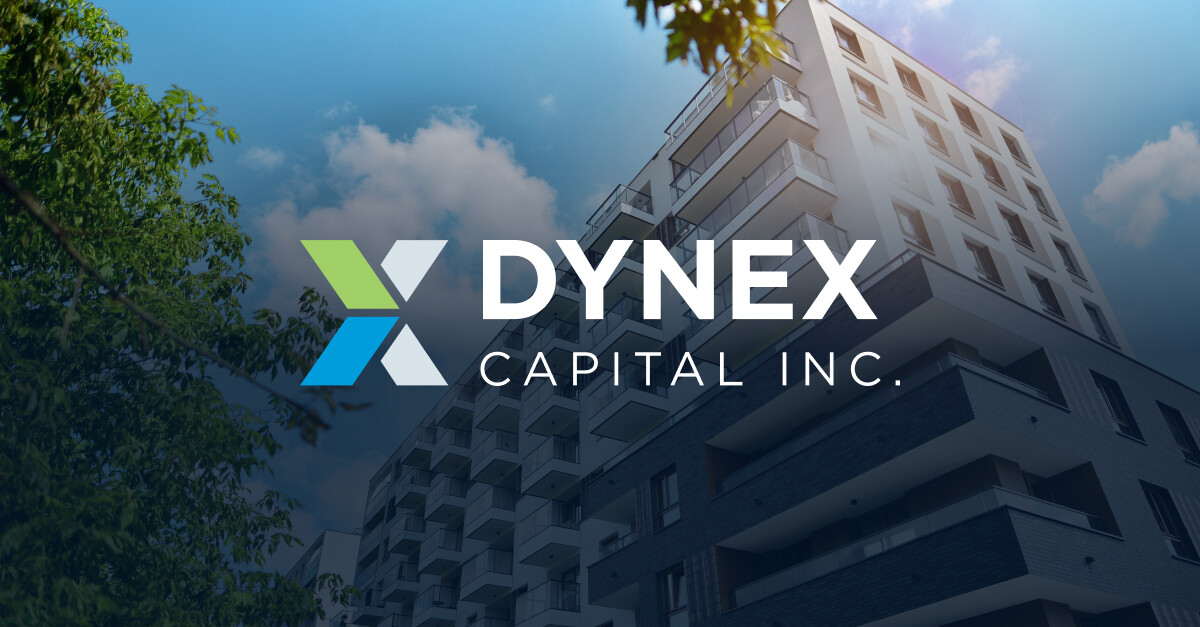
Dynex Capital, Inc. (NYSE:DX) Earnings Report Analysis
Dynex Capital reported an EPS of $0.25, showing improvement from the previous year's loss but missing the Zacks Consensus Estimate.
The company's revenue fell short of expectations, yet it achieved a total economic return of $1.23 per common share, indicating a solid return on investments.
Financial metrics reveal a high debt-to-equity ratio and potential liquidity challenges, but an earnings yield of approximately 4.38% suggests a decent return on investment for shareholders.
Dynex Capital, Inc. (NYSE:DX) is a real estate investment trust (REIT) that primarily invests in mortgage-backed securities. The company aims to generate returns for its shareholders through a combination of dividends and capital appreciation. In the competitive landscape of REITs, Dynex Capital faces competition from other firms that also focus on mortgage-backed securities.
On October 20, 2025, Dynex Capital reported earnings per share (EPS) of $0.25, which was below the Zacks Consensus Estimate of $0.44. Despite this shortfall, the EPS marks an improvement from the previous year when the company reported a loss of $0.10 per share. This indicates a positive trend in the company's earnings performance over the past year.
The company's actual revenue for the quarter was $30.61 million, falling short of the estimated $33.46 million. Despite missing revenue expectations, Dynex Capital reported a total economic return of $1.23 per common share, representing 10.3% of the beginning book value. This suggests that the company is still generating a solid return on its investments.
Dynex Capital's financial metrics reveal insights into its market valuation. The price-to-earnings (P/E) ratio is approximately 22.85, indicating how the market values its earnings. The price-to-sales ratio is about 7.77, reflecting the market's valuation of its revenue. The enterprise value to sales ratio is significantly higher at 43.65, suggesting a premium valuation relative to its sales.
The company's financial health is further highlighted by its debt-to-equity ratio of 5.36, indicating a substantial level of debt compared to its equity. Additionally, the current ratio of 0.045 suggests potential liquidity challenges in meeting short-term obligations. Despite these challenges, the earnings yield of approximately 4.38% provides insight into the return on investment for shareholders.
Want to know when to buy this stock? Download the Stocks 2 Buy app.


